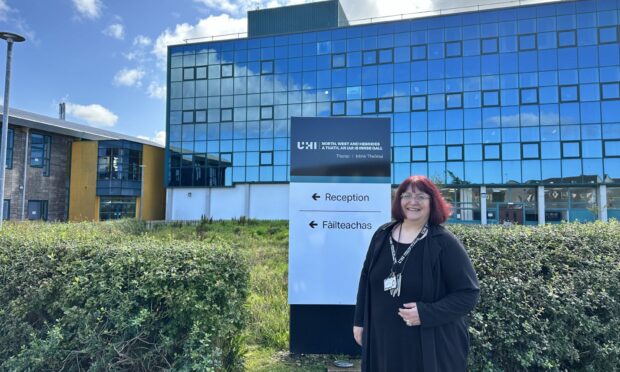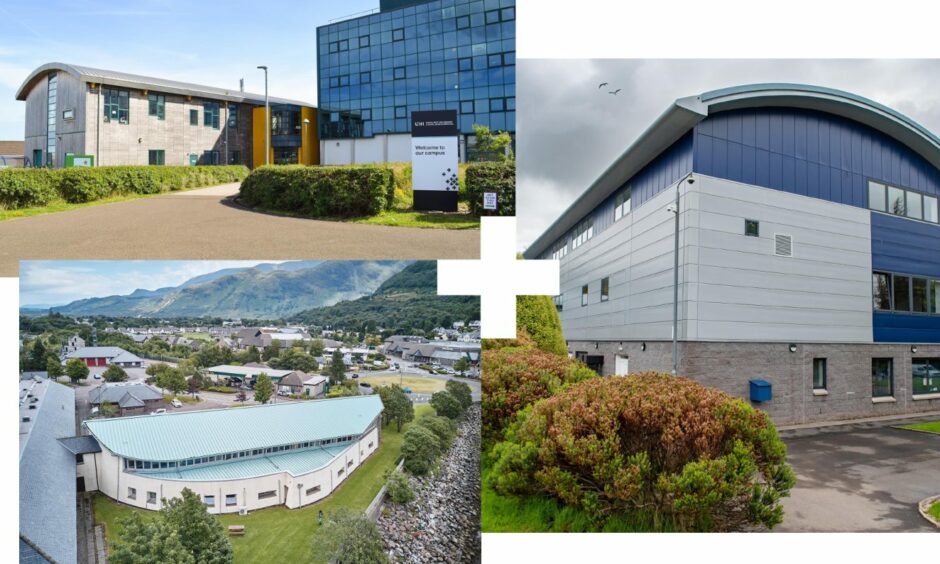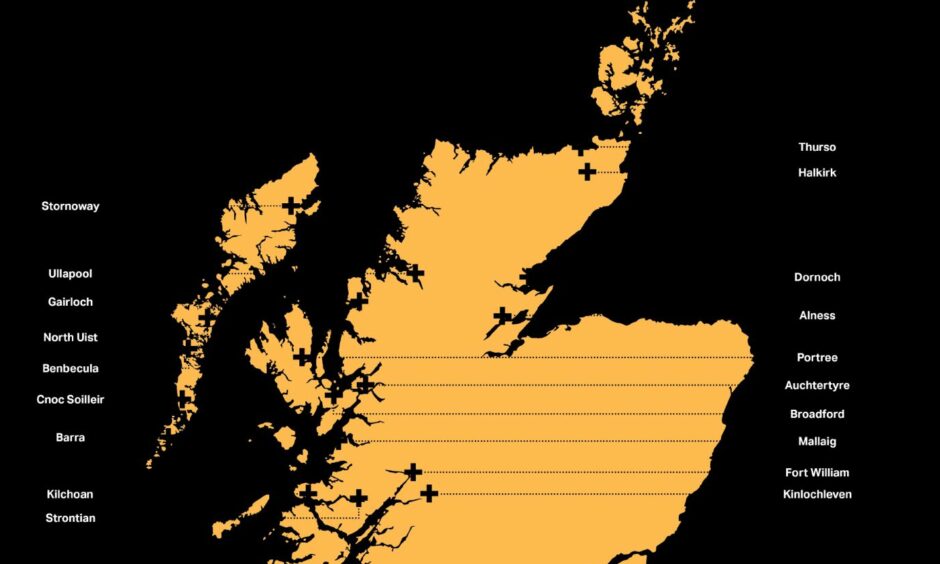Scotland’s newest college will use its increased size and strength to lobby for better support to stem depopulation.
UHI North, West and Hebrides launches this week following the merger of colleges in the three areas.
It is now one of the largest institutions in the University of the Highlands and Islands network, covering an area the size of Wales.
The merger pools resources and expertise to fuel economic growth in the fragile communities.
New UHI college is a catalyst for change
The locations covered by the new college are among those most seriously affected by population loss, exacerbated by lack of affordable housing and poor transport links.
But there are unprecedented opportunities for development in areas including renewables, space technology and jobs related to net zero targets.
UHI North, West and Hebrides principal and chief executive Lydia Rohmer believes the merger could be a catalyst for change.
“As a larger college within a big geographic area we have increased our ability to influence politicians and political representatives at a local, Scottish and UK level.
“We have a bigger voice that we want to exercise to influence and raise more awareness about what it’s like to live, work and study in our area.
“But we will also showcase the huge economic opportunities that, with investment and consideration, could really shift economic prosperity and lasting benefit into the north and west of Scotland.”
“There are areas not in our control, like housing and transport infrastructure, that all drive the choice of young people to leave potentially to study and live elsewhere.
“It also very much colours what employers face when they don’t have enough of a skilled workforce locally and want to attract people and their families to live in those areas but they can’t find housing.”
Ms Rohmer says the new college wants to reverse the historic trend where rural and island communities have “not had an equitable deal” because of geographic disadvantages.
“We recognise ourselves as being an anchor institution, working to provide equity of opportunity for the people living in these communities.”
Once-in-a-generation opportunity
She says she doesn’t want to take support away from colleges elsewhere in Scotland.
“But it is absolutely the case that the needs of the Highlands and Islands, and the ineconomies of scale that our geography brings, is still not recognised in the funding that we can draw down.
“So here’s a once-in-a-generation economic opportunity that really needs to be dealt with in such a way that communities in the Highlands and Islands can gain lasting benefit from.
“I hope some of the focus in terms of policy and funding that is very much focused on highly-populated areas in Scotland now shifts to the north, west and Hebrides.
“There is a huge additional, and often hidden, cost of living in remote rural and island areas.
“By providing local skills and a workforce for the businesses created we are empowering communities to keep more people and talent in the area, but also have capacity for innovation to address complex issues like housing and transport.”
The new college will have around 9,000 enrolled students and 600 staff spread over 19 campuses.
A new website launches this week ahead of a visit by higher and further education minister Graeme Dey to its Stornoway campus on Thursday.
The Princess Royal will visit Thurso on Friday for the graduation of North Highland students.
The college can’t rule out job losses due to restructuring in the first year, but there will be no compulsory redundancies.
However, by coming together in larger groups, staff will have better career progression and more resilient teams.
Wildlife, conservation and Gaelic
Longer-term, it is hoped to create new posts to sustain and develop specialist areas of the curriculum.
This includes offshore wind, the blue and green economies, hydrogen, aquaculture, marine engineering and adventure tourism.
New courses are being created in wildlife management and conservation and sustainability and the environment, while new emphasis will be put on Gaelic.
The aim is to increase income from private sources for business development and research and create bespoke projects relevant to the jobs market.
“Our aim is not to do more with less, but to do more with more”, says Ms Rohmer.
She added: “I don’t want to see companies come in here, bring in their own supply chain, import labour, put them in temporary housing and then withdraw.
“I want to see companies work with us in a way that leads to jobs that are part of what’s happening in this area.”
Last month the college announced the £2.3 million Outer Hebrides campus redevelopment project, supported with funding from the Islands Growth Deal.
This includes transforming the technology and innovation centre and developing mobile facilities to bring the campus to venues across the islands.
College merger is ‘hugely positive’
In May, more than £1 million of Scottish government funding was announced to power up green hydrogen production at Comhairle nan Eilean Siar’s Creed Park in Stornoway.
The project, creating new facilities for hands-on hydrogen technology training, is being done in partnership with the college and clean power start-up PlusZero Ltd.
The college will work with the Inverness and Cromarty Firth Green Freeport development and with the Arnish and Kishorn yards on new manufacturing and fabrication skills training.
Shannon MacCallum, the Highlands and Islands Students Association depute president for the college, representing the West Highland area, said the response to the merger has been “hugely positive”.
“Numbers and having a bit more power are very important when you’re speaking to outside organisations.
“Being a bigger college will also encourage people to stay in their rural areas rather than fleeing to the cities.
“Having more financial stability and bigger staff coverage will also be beneficial.”
She said it is important that smaller, specialist courses are being retained. Her degree course in adventure tourism management is available only in Fort William, Aberystwyth and New Zealand.
Also, the cultures of the individual communities are being protected.
Keeping communities and cultures alive
“These rural areas have ageing populations. So keeping younger people, and bringing in other young people to the area, is so important for keeping the communities and culture alive.”
The college is looking for board members and members of the public to join its local advisory committees in North Highland, Outer Hebrides and West Highland.





Conversation